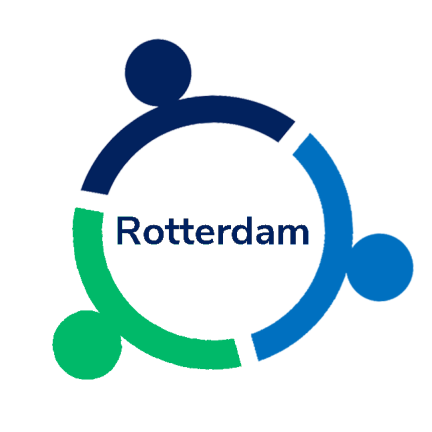The eScience Center offers free and open research programming workshops
It’s 9.00 am, a Monday morning in March 2021, and a group of academic researchers has just gathered in a Zoom meeting. Instructor Jens starts with an icebreaker: “What would you be doing if academia did not exist?”. The answers, collected in a collaborative document, cover a wide range of alternative careers, from cheesemaker to musician, through veterinarian and restaurateur. Evidently the 30 or so researchers in the meeting have had their share of “what-if” moments, but they have gathered there with the explicit goal of becoming better at what they are currently doing: research.
The four-day workshop, openly available to Dutch researchers, is organized by the Netherlands eScience Center. The goal of the workshop is to equip researchers with essential software development skills. Because any researcher working with data in 2021 is expected to have at least an elementary level of programming skills, but paradoxically, many researchers are not taught any of it during their bachelor’s, master’s or graduate degree. “Many researchers learn to code while they are tackling research problems, during their PhD”, says Mateusz Kuzak, Training Programme Lead at the Netherlands eScience Center. “Although they may create code that does what they want it to do, it is not always code that other people can understand, or code that is easily reused by colleagues. In our workshops, we teach researchers good research software development practice, so that research in all disciplines can become more reproducible.”
This approach reflects the mission of the eScience Center: to empower researchers from all disciplines through the use of research software. That’s not limited to providing introductory programming workshops to individual researchers. “Ultimately, the goal of the eScience Center is to provide universities and research institutes with the expertise to train their students and researchers these digital skills, and for us to focus on teaching our more advanced workshops, for example about the software we develop in our projects”, says Joris van Eijnatten, director of the Center.
The Netherlands eScience Center was founded in 2011 by SURF and NWO. At first, it consisted of a handful of enthusiastic researchers devoted to lifting the research software development quality to a higher level. “We rented an office space in the Amsterdam Science Park and assembled all the furniture ourselves”, Rob van Nieuwpoort, Technology Director at the eScience Center, remembers fondly. Initially, the research software engineers (RSEs) developed research software in collaboration with researchers at universities and research institutes, ensuring their outputs’ quality and sustainability. While this is still a large part of the Center’s focus, the Center became much more than that over the years: a significant investment from NWO allowed the Center to grow and to put more emphasis on training other researchers to develop high-quality research software.
From humble beginnings, the Center has grown to employ around 50 engineers, who work together with researchers across the Dutch academic landscape to develop state-of-the-art research software. There is also more space for community building and knowledge dissemination, which has allowed the Center to establish itself as a hub for digital expertise. It is aiming to continuously stay abreast of the latest developments in open science and digital tool development and devoting its efforts to bringing its own RSEs and the Dutch academic landscape along in the journey.
You can find information about upcoming eScience Center workshops here.
Lieke de Boer
eScience Center Community Manager

